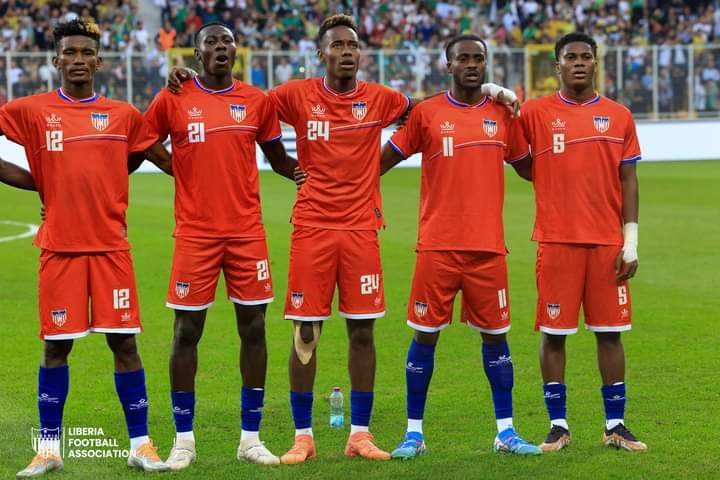Home » Sports Funding in Liberia: Budget Cuts and Their Impact on Youth Development

Sports Funding in Liberia: Budget Cuts and Their Impact on Youth Development
The Draft National Budget for 2025 from Liberia shows a notable drop in sports, especially football, which concerns stakeholders about the direction of young development and national team performance. Concerns have emerged about the potential impact on sports funding in Liberia and community projects due to the government’s shifting priorities.
Budget Cuts in Numbers
The proposed budget drastically reduces funds for football from US$150,000 in 2024 to just US$50,000, around 66%. This involves the Lone Star, the national football team, which has minimal resources and finds it difficult to compete internationally.
The Ministry of Youth and Sports, which oversees sports and youth projects, has allocated US$6 million for 2025. The Ministry of Youth and Sports has set aside US$2 million of this sum for the At-Risk Youth program, leaving only US$4 million to distribute across more than 25 sporting federations.
Challenges for Football Development
The Lone Star team, which has already been eliminated from the Africa Cup of Nations qualifiers, remains in the World Cup qualifiers. Many believe that inadequate funding has contributed to the team’s struggles.
According to Liberia Football Association (LFA) President Mustapha Raji, at least US$10 million is required annually to adequately prepare national teams, from youth to senior levels. While the LFA has implemented developmental programs, securing necessary funds remains a significant obstacle.
Without strategic investments, Liberia risks falling further behind in fostering football talent and maintaining competitive teams.
Sports Infrastructure: Bright Spots Amid Cuts
Despite the cuts in football funding, there are some silver linings. One of them is that the National County Sports Meet, the flagship sporting event promoting national unity, has seen its budget increase to US$400,000 from a previous allocation of US$150,000.
US$300,000 has been allocated to the SKD stadium currently under a CAF ban for not meeting the required standards, money that will be used for its pressing needs, such as lack of lights, but definitely much more will be invested if it is to ever comply fully.
Other Budget Allocations
The 2025 Draft Budget includes smaller allocations for various sports initiatives:
- Miscellaneous sports programs: US$650,000
- Inter-School Sports Association (ISSA): US$5,000
- Ministerial League: US$20,000
- Basketball, chess, and scrabble federations: US$5,000 each
While these allocations demonstrate some commitment to sports diversity, stakeholders argue they are insufficient to address broader challenges in sports development across Liberia.
Stakeholders Call for Action
The budget reductions have prompted calls from stakeholders for lawmakers to reconsider the allocations. Advocates emphasize the vital role of sports in addressing youth unemployment, fostering health, and promoting national pride.
Some have pointed out that several influential legislators, including former Liberia Football Association presidents Musa H. Bility, Dixon Siebo, and Senator Edwin Snowe, have not done enough to prioritize sports funding. Critics argue that these leaders, with their sports backgrounds, should advocate for increased resources to support Liberia’s youth and sporting infrastructure.
Why Sports Funding Matters
Investing in sports has far-reaching benefits:
- Youth Empowerment: Sports provide opportunities for young people to develop skills, gain employment, and stay engaged in positive activities.
- Community Unity: Events like the County Meet foster a sense of national pride and bring communities together.
- Economic Development: A thriving sports sector can create jobs, boost tourism, and enhance Liberia’s global reputation.
The neglect of adequate funding threatens these benefits and risks undermining efforts to harness the power of sports for national growth.
The Path Forward
Liberia’s 2025 Draft Budget has had to make some tough decisions, but stakeholders pray it’s not too late for changes. The advocates do not give up in their struggle to make the lawmakers recognize the importance of sports funding in the future of the country.
As the debate unfolds, so does a moment of truth for Liberia: an opportunity for the government to invest in the youth of the nation through sports-or to let critical opportunities slide by.
